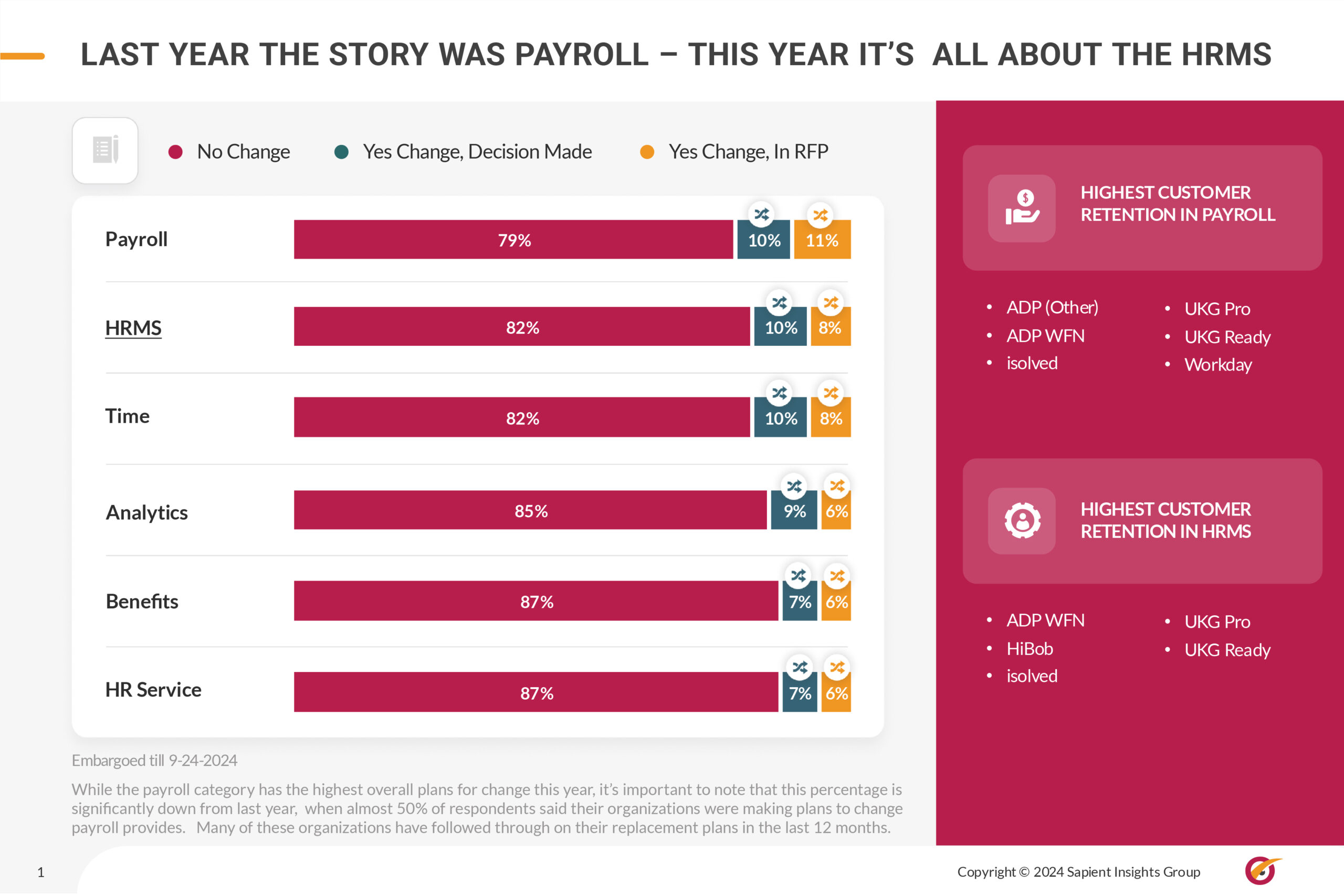From Novice to Virtuoso: Unleashing the Potential of Supply Chain Talent
- HRM Asia Newsroom

Comedian Steve Martin once said, “Be so good they can’t ignore you.” Today, skilled supply chain practitioners are certainly in that sweet spot.
Once the COVID-19 pandemic hit, global companies immediately recognised the need for supply chain practitioners skilled in nuanced, end-to-end supply chain management to manage disruptions and mitigate risks. It was the supply chain experts who navigated global businesses through the crisis and even found bright spots of competitive opportunity during the pandemic storm. Truly, these talented practitioners have been so good at what they do that the global corporate world cannot ignore them.
For instance, Singapore, with its thriving port and strategic importance in the global supply chain network, finds itself at the crossroads of these transformative trends. In 2021, it was reported that the city-state faced a scarcity of supply chain talent just as the integration of big data and sustainability in the field became increasingly significant.
Overnight, more CEOs, CFOs and Boards of Directors gave supply chain planning critical prominence in their executive-level strategies. Having a responsive, agile supply chain is a true competitive advantage. That means the skilled people behind supply chains are in more demand than ever before.
Ironically—that high demand has another side to it. It has never been harder to find and retain the best talent. According to Gartner, supply chain organisations experience 33% more turnover today than prior to the pandemic. So, what can companies do to attract, keep and nurture its brightest supply chain talent?
AI and its benefits for supply chain planning
It is hard to escape the presence of artificial intelligence and machine learning in nearly all aspects of business today. In a recent Accenture report, 86% of C-level executives say they plan to make moderate to significant investments in AI. Today’s supply chain practitioner still needs traditional, tactical expertise but should also have the business acumen and skills to leverage AI/ML to augment to arrive at better planning decisions.
Worried that AI/ML will replace human jobs? Supply Chain planning experts have said not to panic, because modern technology still cannot replace domain expertise. It takes an incredible amount of understanding of the inputs and outputs, as well as a basic understanding of what is happening within that technology, to really understand what data is telling us.
In fact, AI and other digital tools will make it easier for planners to collaborate thanks to better integration and the ability to visualise different solution scenarios faster than ever.
How to stop the supply chain job-hop
Let us talk about what really matters to today’s best supply chain practitioners: the right tools, the right leadership and the right opportunities.
That may be a big simplification, but the important thing is that to attract the best talent, companies must take employees’ needs seriously.
Supply chain professionals tend to love being challenged, and in this competitive job market they will gravitate to the positions that will match their ambitions. In a boom! Global Network survey covering Asia and the rest of the world, 28% of supply chain professionals plan to find new jobs in the coming year. The main two reasons for moving on? Feeling like they cannot achieve career goals (31%) and seeking to put their abilities and skills to better use (20%).
The best ways to keep your most knowledgeable and experienced supply chain talent is to invest in professional development with clear paths for career direction and learning opportunities; access to the latest digital, integrated tools; and clear, well-communicated strategies from leaders serious about implementing change for constant improvement.
Engaging the next talent generation
Any company seeking the best supply chain talent should find ways to become an employer of choice. Of course, this can happen organically over time with experienced professionals by having an attractive corporate culture, investing back into employees with the right tools and development, and clear career growth pathways. It is also just as important to proactively attract the talent pool of tomorrow.
READ MORE: Stable labour supply chain key to Vietnam’s post-pandemic recovery
One way to do that: Develop close relationships with universities to connect early with the next generation of supply chain leaders. For instance, sponsoring supply chain case competitions.
Opportunities like this are mutually beneficial, as students get a chance to work on real-world supply chain challenges, and companies can build brand awareness and credibility while possibly identifying future employees.
About the author: Lisa Arnseth is a Senior Content Marketing Manager at Kinaxis.






